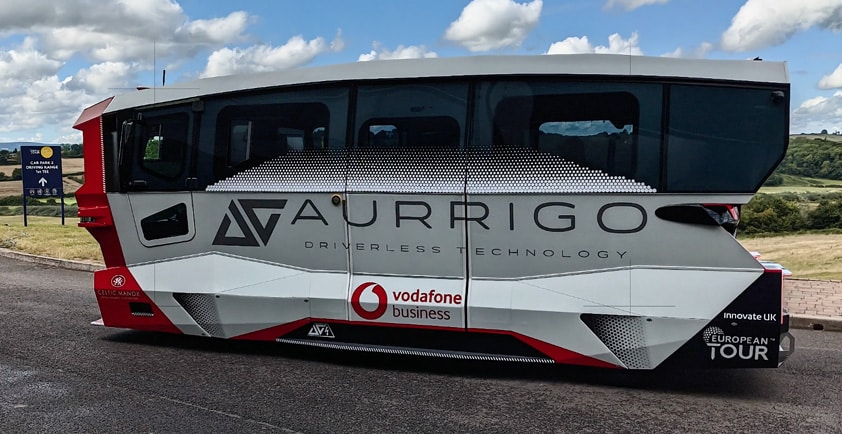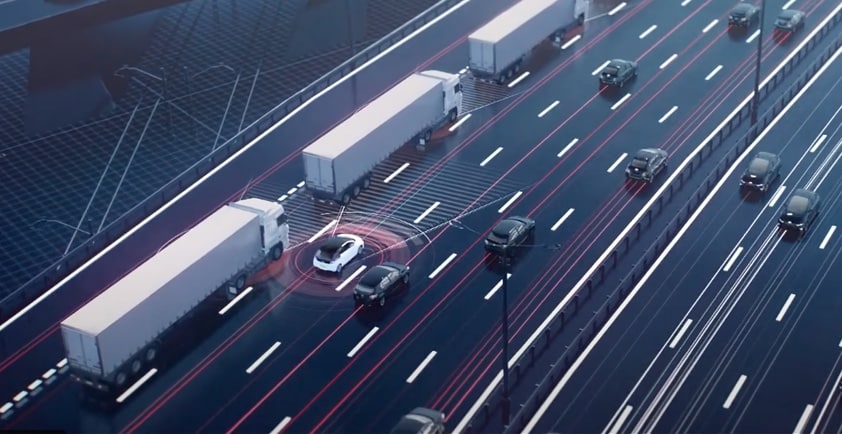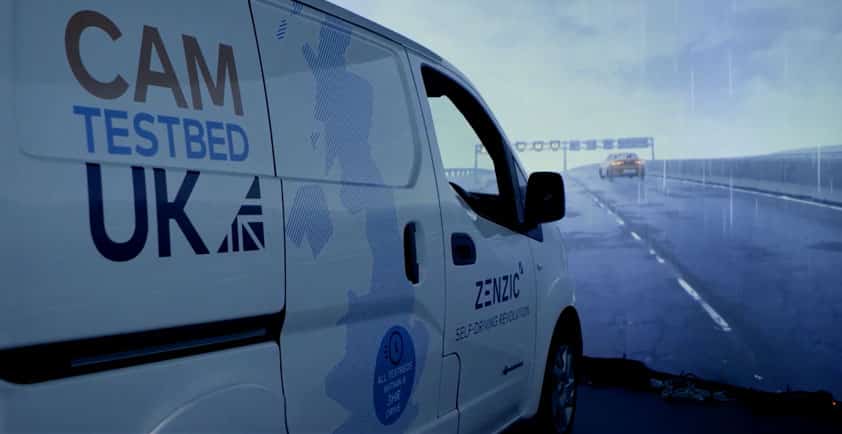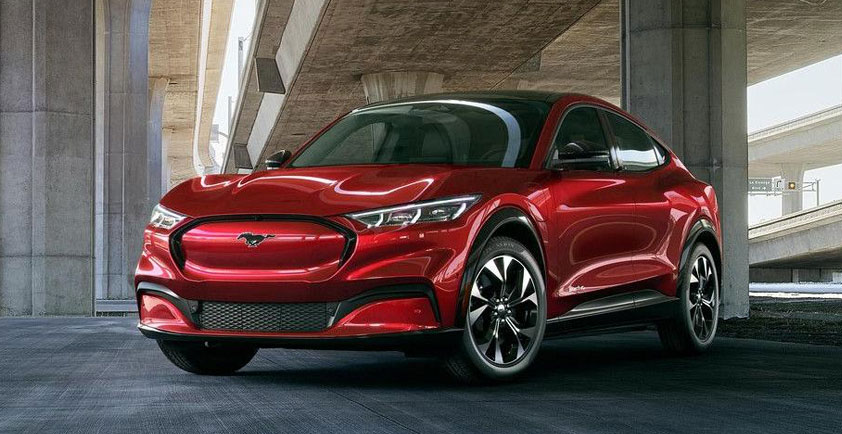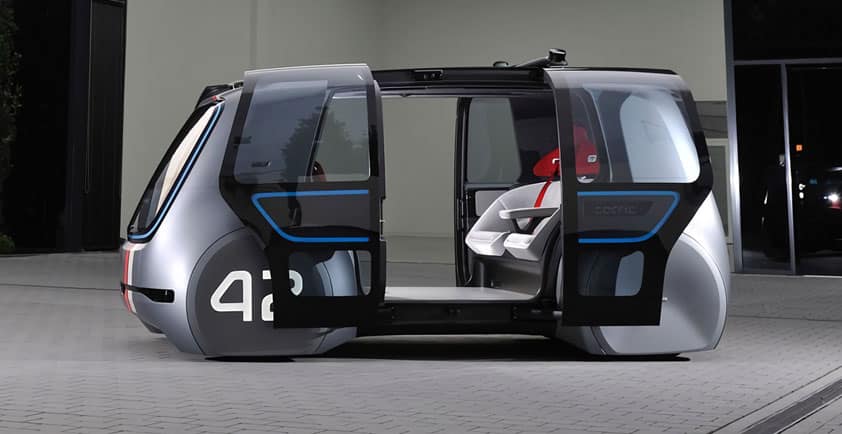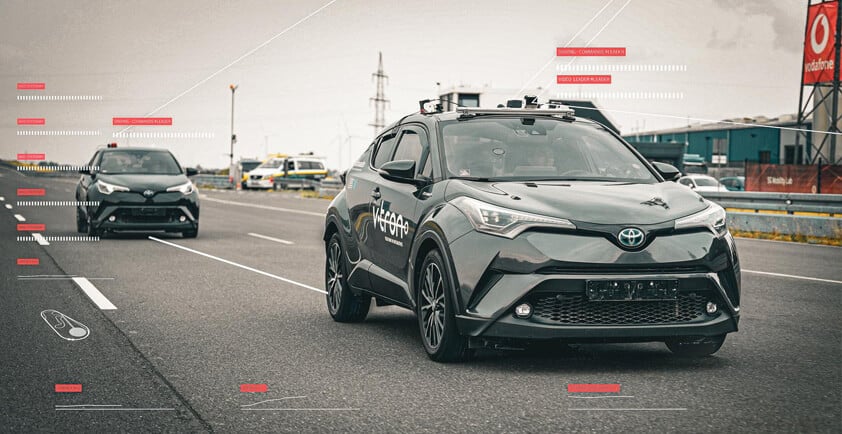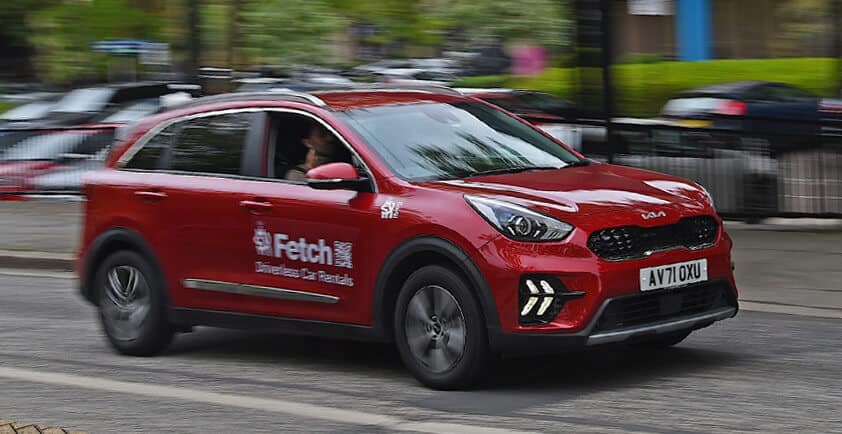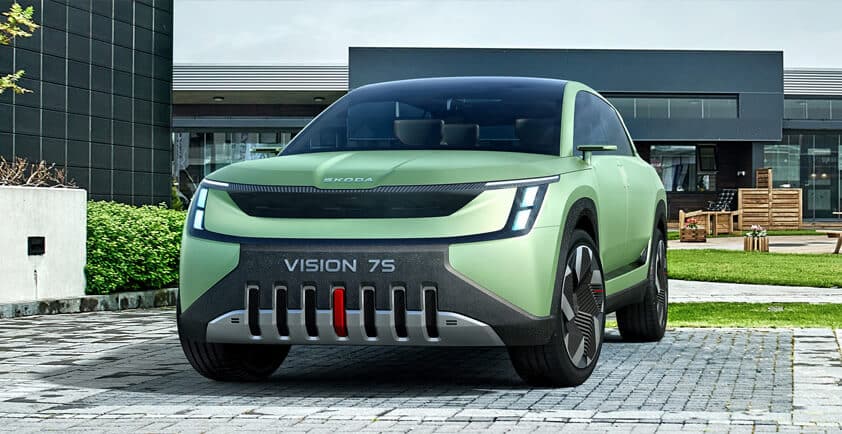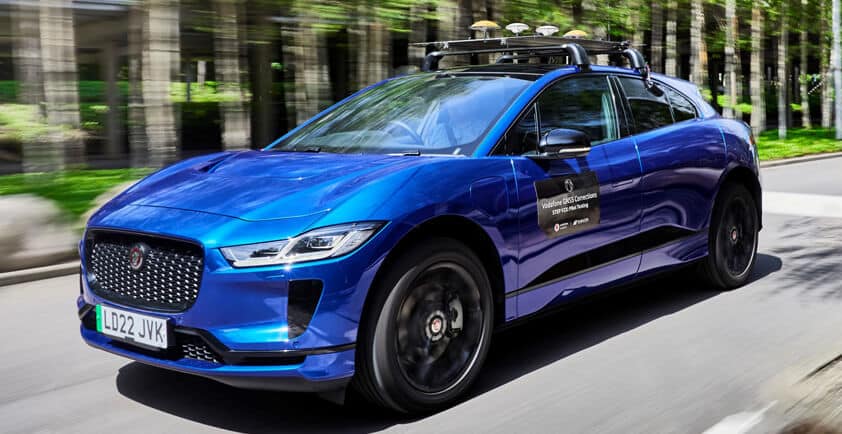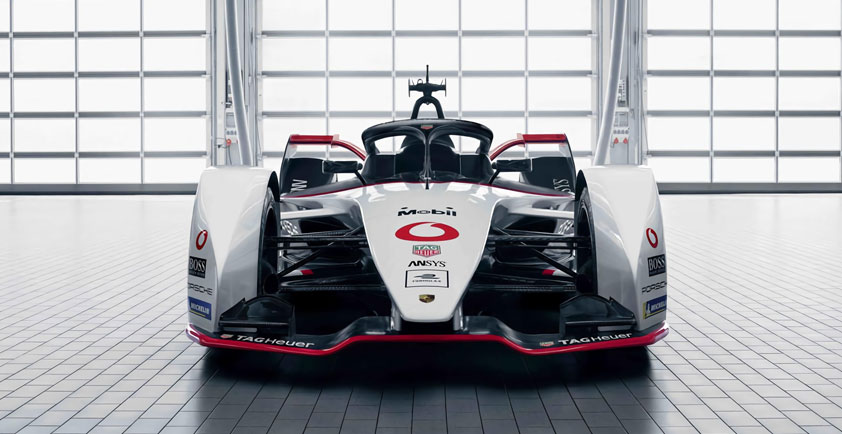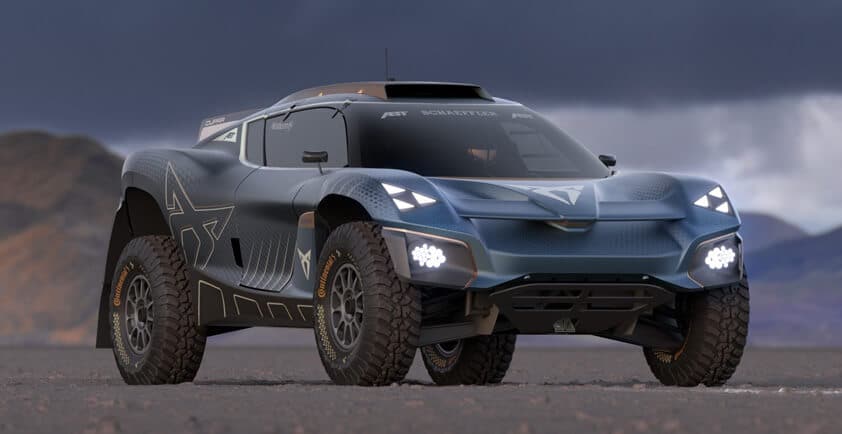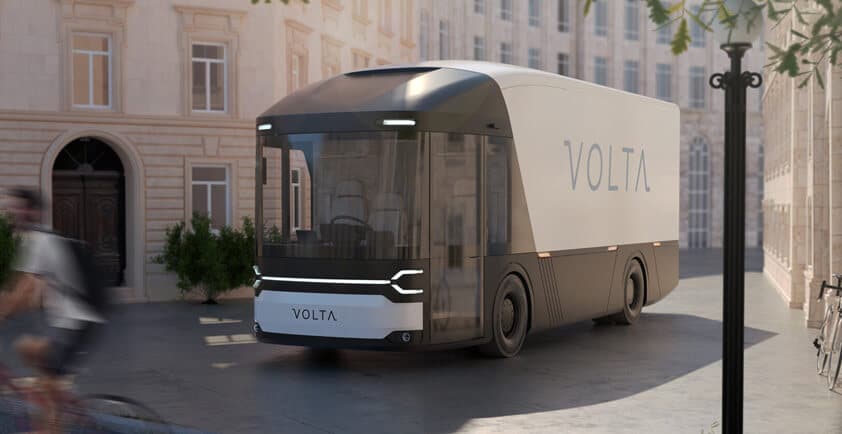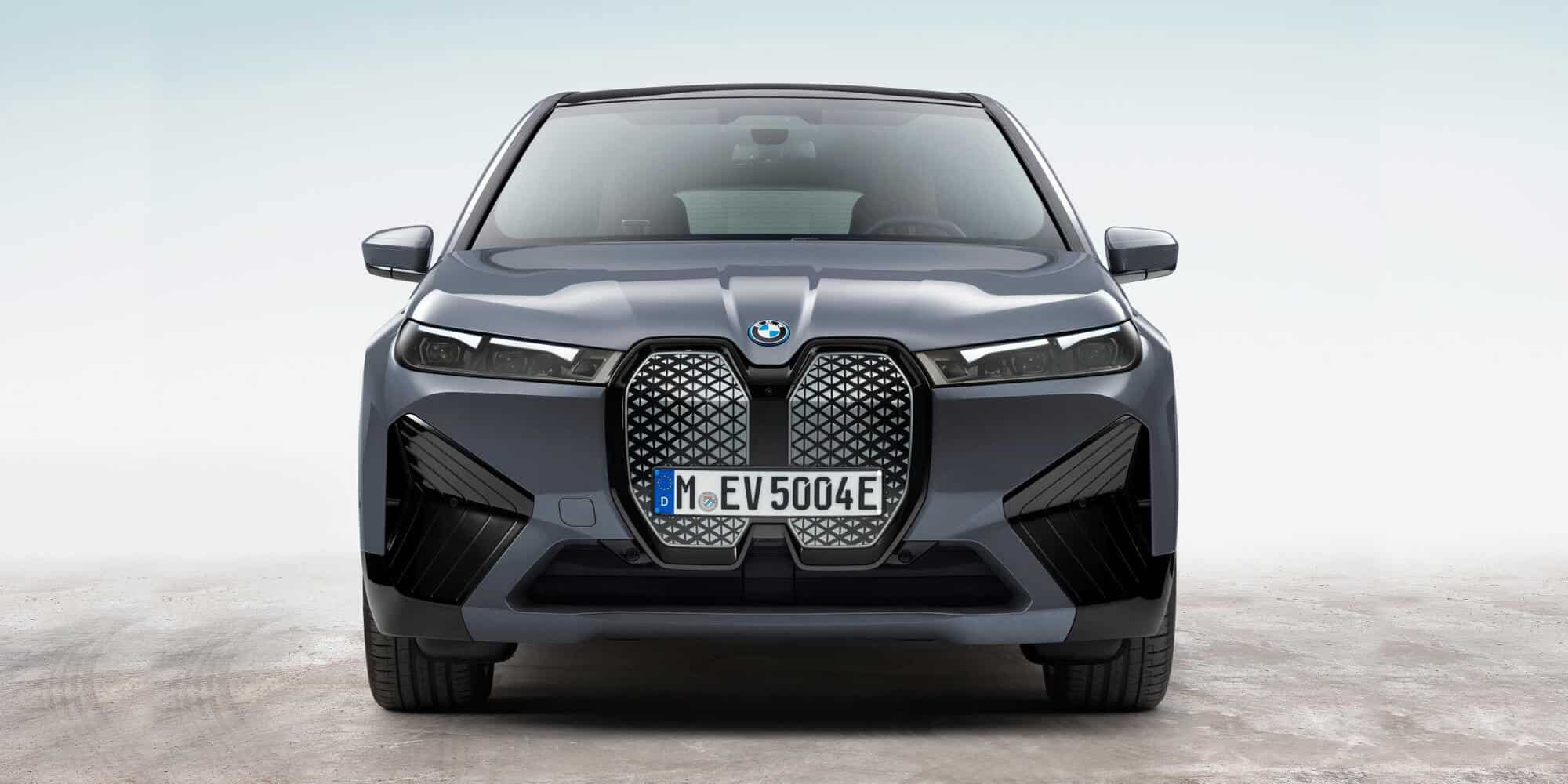
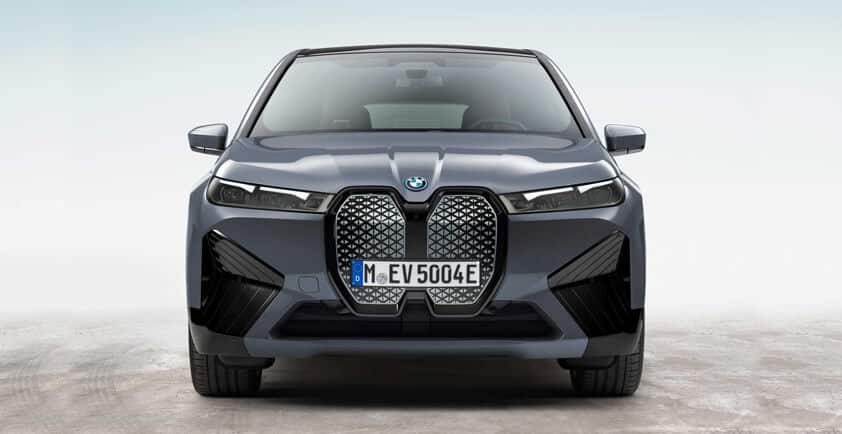
VODAFONE LAUNCHES NEW ECONOMY OF THINGS PLATFORM – A WORLD IN WHICH DEVICES, VEHICLES AND MACHINES CAN BUY AND SELL FOR US
>> New global ‘Economy of Things’ platform – the next generation Internet of Things (IoT).
>> Allows electric vehicles (EV) to transact directly with charging points, and many other devices to trade securely.
>> Compatible with existing mobile wallets; worldwide partnership with Mastercard and Energy Web.
Drawing on the strength of its Internet of Things (IoT) platform – one of the world’s largest with more than 140 million connections – the new platform, called Digital Asset Broker (DAB), will help Vodafone customers benefit from the new ‘Economy of Things’. This is a world in which businesses across multiple industry sectors can transform physical goods into tradable digital assets which can compete in new disruptive online markets via the platform.
Today, most connected devices and sensors collect and send information via the Internet. The new ‘Economy of Things’ platform from Vodafone goes beyond that. It allows verified connected devices, vehicles, smart street furniture and machines to transact seamlessly and securely without human intervention, but with full owner control.
The number of connected devices is predicted to grow globally to 30 billion by 2025. With Vodafone’s platform and geographical scale, rather than businesses building their own complex system, any device is assigned a unique digital identity. It can then communicate and transact securely with other devices using wallet and payment technology secured by the mobile SIM.
In addition to devices on Vodafone’s global IoT platform, the company will also provide secure links to many other third-party platforms and their associated device eco-systems during 2022, drawing in many industries, from automotive and energy to manufacturing and supply chain and logistics.
The platform is secure. It uses the latest blockchain technology meaning that all devices and machines connected to Vodafone DAB are verified as trustworthy and then automatically allowed to exchange and trade data and money over secure and encrypted connections. As a result, companies can launch new products that are quickly authenticated as being safe to do business with, no matter where they are, and devices are ready to make real-time financial transactions.
Johan Wibergh, Vodafone Chief Technology Officer, said: "We are building in-house new, scaled platforms for our customers across Europe and Africa. This, our latest platform, will drive the new Economy of Things where everyday objects and devices can negotiate, buy and sell services on our behalf. We are actively talking with many other companies to rapidly expand partnerships and widen the ecosystem worldwide to include other features and payment schemes."
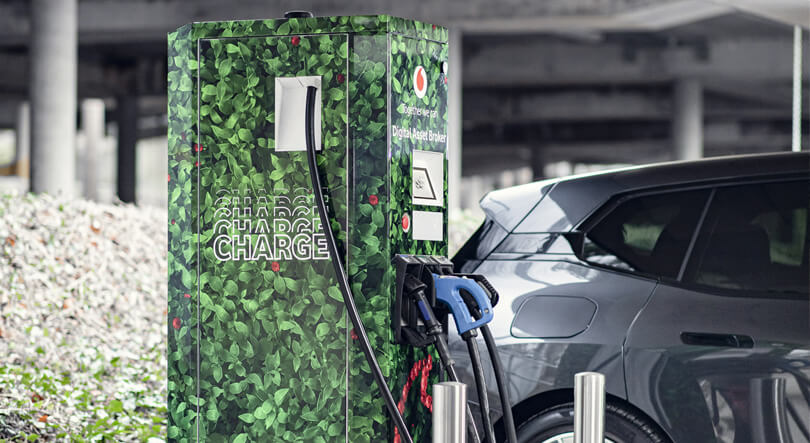
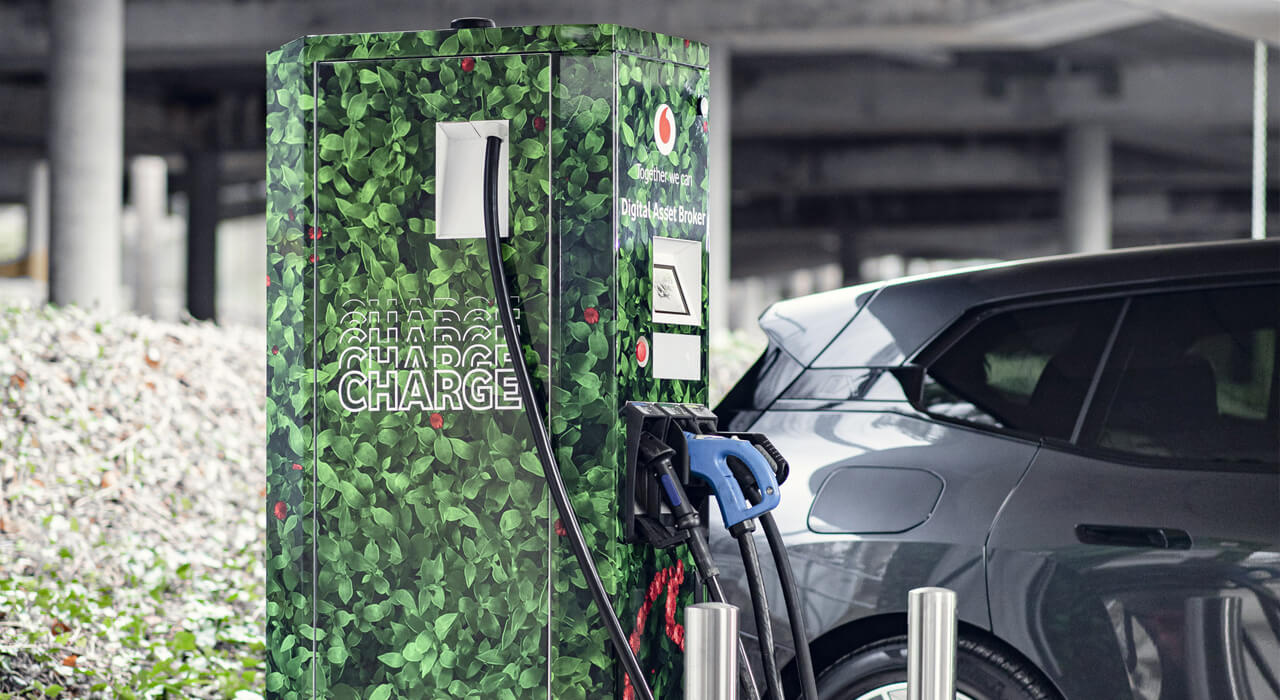
The service goes live to today in a market-leading trial in which a connected EV communicates autonomously and securely with a charging point, in Newbury, UK. Working with Mastercard and Energy Web - a not-for-profit organisation focused on decarbonizing energy grids - motorists are sent real-time information on the status and compatibility of the nearest available charging point and can authorise their vehicle to recharge effortlessly. Vodafone believes the platform will eliminate ‘range anxiety’ - the fear of running out of battery life - and enable customers to consciously choose renewable electricity providers.
Jesse Morris, CEO of Energy Web Foundation, said: "Electrification is a major part of global decarbonization efforts. However, there’s currently no way for EV drivers to ensure that all the electricity used to charge their vehicles comes from renewable sources. As access to green energy solutions is democratized, this is sorely needed. Working with any on-street EV charger, our solution can give individuals and companies assurance of clean energy use—a real game changer for EV users and companies with electric fleets."
New business opportunities for Vodafone’s platform include a rental car charging motorists on either a pay-as-you-drive or subscription basis, a family car purchasing infotainment, smart meters and industrial intruder alarms that pay by direct debit, as well as the authentication of medical supplies and other goods to weed out fakes. In future, it will even be possible for coffee machines to automatically order refills or for a streetlight to exchange data about traffic flows with other smart city objects.
In addition, Vodafone DAB solves the problem of most existing connected devices and systems tending to operate in isolation. If, for example, a vehicle needs to speak with a car park to book a space, it would typically require costly and time-consuming systems integration. Vodafone DAB platform provides a single point for trusted vehicles, or any other device, to interact across multiple car parks or systems.
